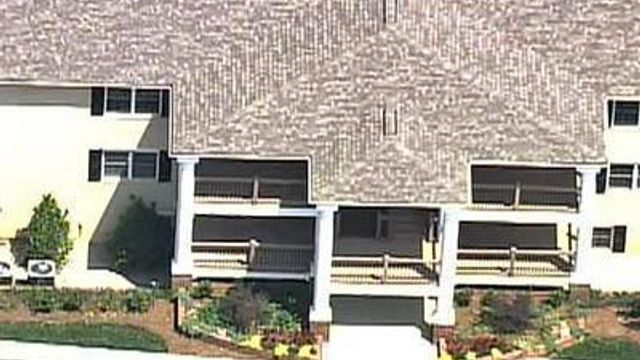Raleigh to crack down on landlords
To eliminate rundown rental housing that becomes a haven for crime, the City Council on Tuesday tentatively approved new fees and regulations for landlords.
Posted — UpdatedChanges to the city's Probationary Rental Occupancy Permit, or PROP, ordinance could go into effect in January if the council gives final approval to the proposal next month.
Under the proposed changes, landlords would have to register every rental property in Raleigh with city inspectors. The registration fee would be $30 for the first rental unit in a building and $10 for each extra unit in that building or complex.
Failure to register could lead to fines of up to $2,000 per month.
Tenants could be fined $100 for noise or nuisance violations, and some crimes they commit could be held against the landlord's permit, under the proposal. The crimes include prostitution, possession of stolen goods, weapons and liquor offenses and gambling violations.
Landlords who receive several violations could be fined and be forced to attend management classes.
The city initially adopted the PROP ordinance three years ago, and the Raleigh Police Department pushed for tougher regulations to crack down on bad landlords.
City Councilman James West said the new rules unfairly target poor neighborhoods.
"It will create a sour taste in the mouth of some people," West said.
Councilman Philip Isley also voted against the changes, calling the registration fees "a tax on tenants."
Colin Crossman, government affairs director for the Triangle Apartment Association, predicted landlords would pass the fees onto tenants through higher rents.
"If you raise property taxes, it gets passed onto the tenant. In addition, this fee structure will be passed onto the tenant," Crossman said.
City officials estimated the fees would raise about $775,000, which would be used to hire people to enforce the new rules.
Mayor Charles Meeker said he thinks the changes will help curb crime.
"When there are criminal violations or party violations at a rental property, ultimately the landlord is responsible. What this does, it requires after two or three instances the landlord do something," Meeker said.
• Credits
Copyright 2024 by Capitol Broadcasting Company. All rights reserved. This material may not be published, broadcast, rewritten or redistributed.





